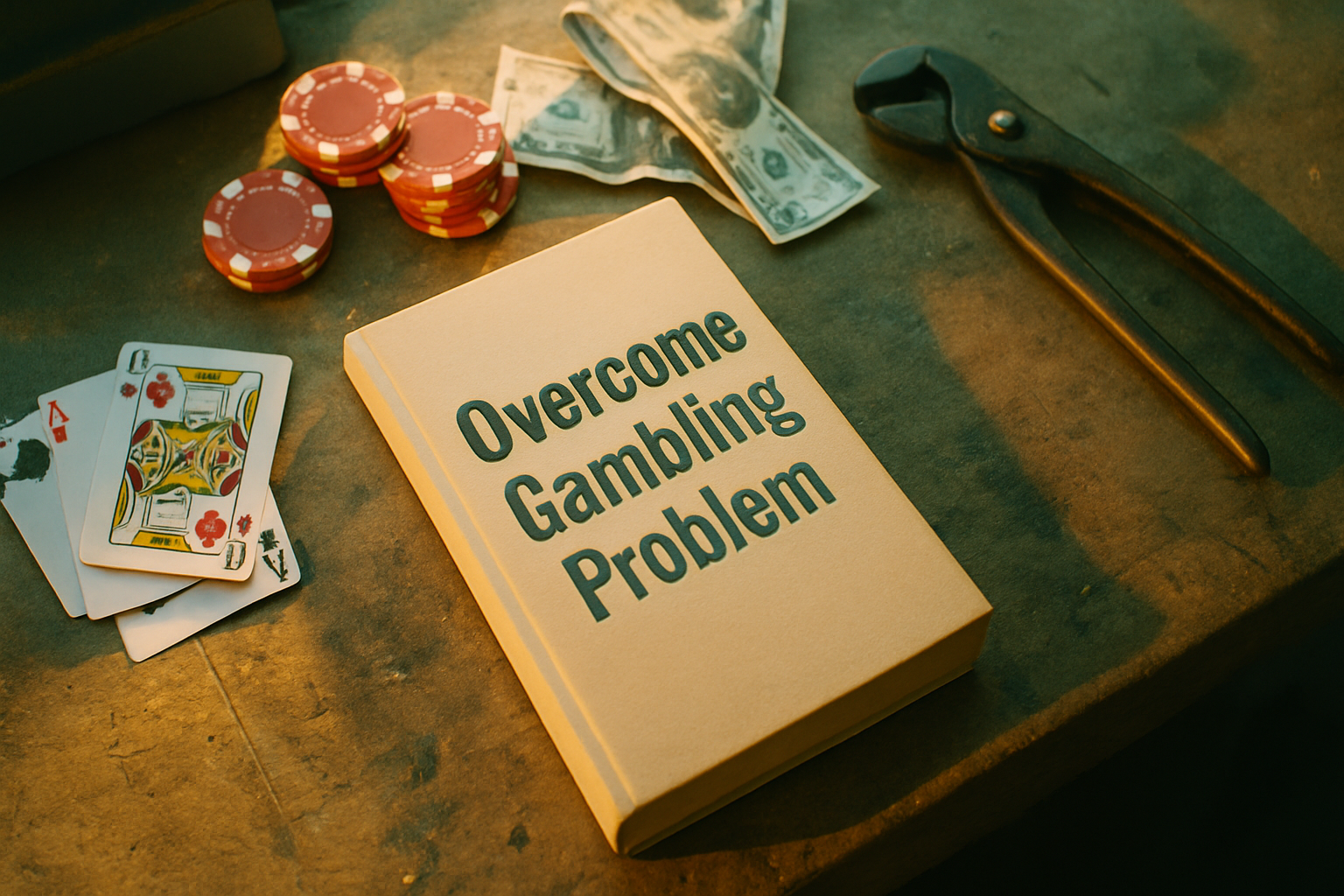As someone who has delved into the world of problem gambling, I understand the importance of recognizing the risk factors that can make individuals vulnerable to this issue. In this article, I’ll shed light on the key indicators that may signal a susceptibility to problem gambling and provide insights on how to identify and address these risks proactively.
From financial difficulties to psychological stressors, the factors contributing to problem gambling can vary widely. By understanding these risk elements, individuals can take crucial steps to safeguard themselves and their loved ones from falling into the trap of compulsive gambling behaviors.
Join me as we explore the nuances of identifying these risk factors and empowering ourselves with the knowledge needed to make informed decisions regarding our relationship with gambling.
Overview of Problem Gambling
Problem gambling is a serious issue that can have significant consequences on individuals’ lives. It’s crucial to understand the various aspects of problem gambling to identify potential risk factors effectively. Let’s delve into the key points that characterize problem gambling and shed light on its implications.
Common Risk Factors
When it comes to problem gambling, there are several common risk factors that can contribute to vulnerability. Identifying these factors is crucial in preventing compulsive gambling behaviors. Let’s delve into some key aspects:
Genetic Factors
Genetic predisposition can play a significant role in problem gambling. Studies have shown that individuals with family members who have struggled with gambling addiction are at a higher risk themselves.
It’s essential to recognize this hereditary component and take proactive steps to address any potential issues.
Psychological Factors
Psychological factors, such as stress, depression, or anxiety, can also increase the likelihood of developing a gambling problem. These mental health conditions can fuel compulsive behavior and make individuals more susceptible to the allure of gambling as a coping mechanism.
Being aware of one’s psychological state is essential in mitigating the risk of problem gambling.
Social Factors
Social influences, including peer pressure, societal attitudes towards gambling, and exposure to gambling environments, can impact an individual’s susceptibility to problem gambling. People often mirror the behaviors of those around them, making it crucial to evaluate the social norms and influences that may contribute to a gambling disorder.
Being mindful of the social context can help individuals navigate potential risk factors more effectively.
Early Signs of Problem Gambling
Exploring the early signs of problem gambling is crucial in identifying potential issues before they escalate. Recognizing these indicators early can help individuals seek help and address any developing concerns. Here are some key signs to watch out for:
- Preoccupation with Gambling: Feeling preoccupied or constantly thinking about gambling activities could indicate a developing problem.
- Need to Gamble with Increasing Amounts of Money: An escalating need to wager larger sums of money to achieve the desired level of excitement may signal a problem.
- Failed Attempts to Stop or Control Gambling: Difficulty in curbing or stopping gambling despite numerous attempts can be a red flag.
- Restlessness or Irritability When Trying to Cut Down on Gambling: Experiencing restlessness or irritability when attempting to decrease gambling frequency may indicate dependency.
- Chasing Losses: Engaging in repeated gambling to recoup previous losses, leading to a vicious cycle of financial strain.
- Lying About Gambling Activities: Concealing the extent of gambling involvement or misleading others about losses could suggest a deeper issue.
- Relying on Others for Financial Support due to Gambling Losses: Dependence on others to cover financial losses resulting from gambling may indicate a significant problem.
Being vigilant about these early signs and seeking assistance if you or someone you know exhibits these behaviors is essential in addressing problem gambling effectively.
Seeking Help and Support
When facing challenges related to problem gambling, it’s crucial to remember that seeking help and support is a vital step towards recovery. If you find yourself struggling with compulsive gambling behaviors or if you recognize the early signs of a gambling problem, reaching out for assistance is key.
Acknowledging that you may need help is a brave and important decision. Remember, you’re not alone in this journey, and there are resources available to support you. Whether it’s through counseling, support groups, or specialized treatment programs, there are various avenues you can explore to address problem gambling effectively.
Seeking help can provide you with the tools and strategies to manage your gambling behavior, understand the underlying reasons behind it, and work towards healthier habits. It’s essential to prioritize your well-being and take proactive steps to break free from the cycle of compulsive gambling.
Reaching out for support is a positive and empowering choice that can lead to significant progress in overcoming problem gambling. By seeking help and engaging in the recovery process, you’re taking an important step towards regaining control of your life and creating a healthier relationship with gambling.
Remember, it’s never too late to seek support and make positive changes. By reaching out for help, you’re prioritizing your mental health and well-being, setting yourself on a path towards a brighter and more fulfilling future.




